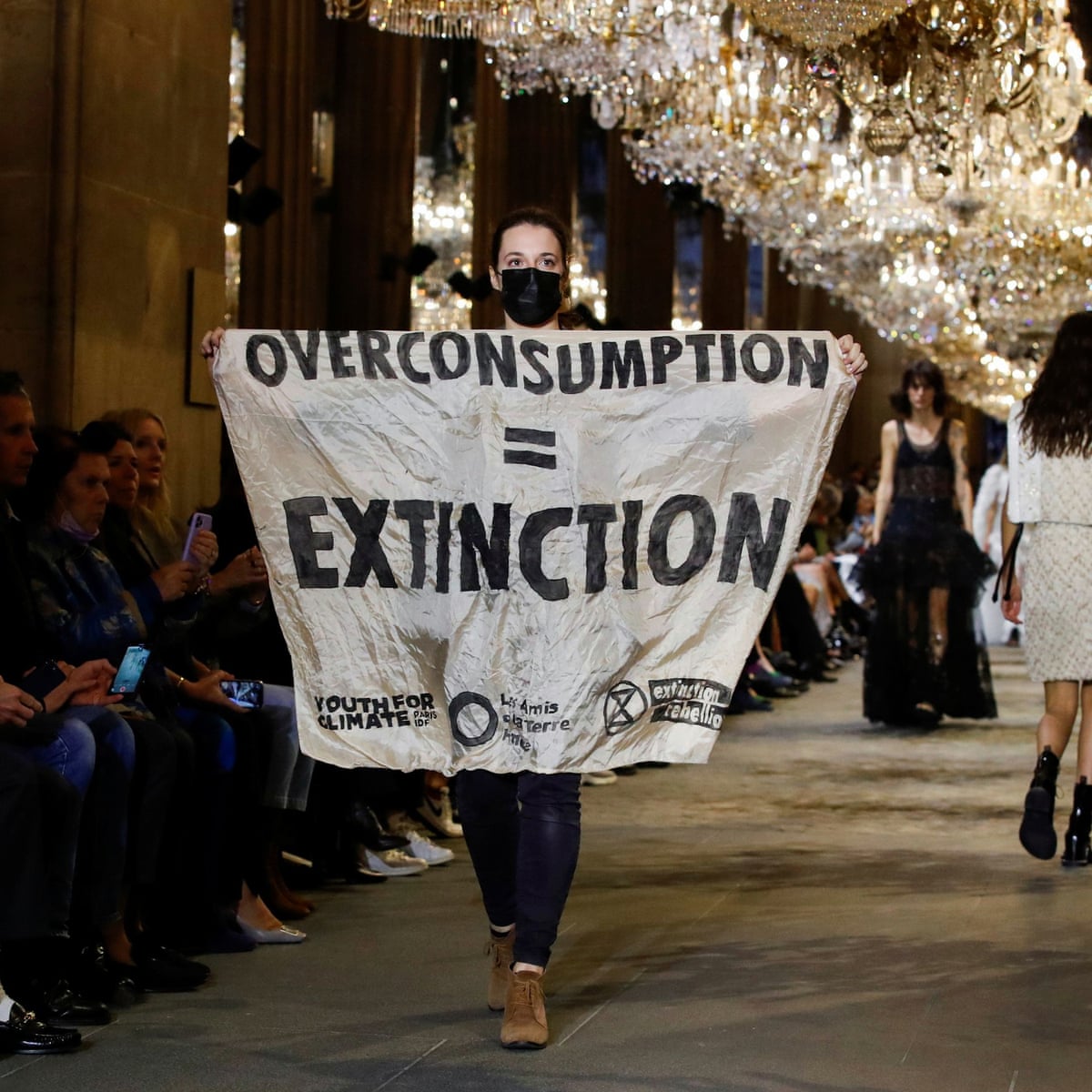While there’s arguably nothing wrong with drawing inspiration from trends as a means of self-exploration, the sheer volume that’s being presented to us by social media on a daily basis is becoming increasingly problematic for both our wellbeing and the planet.
Ever found yourself identity flip-flopping?
Trends, aesthetics, and niche groups are a rite of passage for teenagers discovering themselves and have been for many decades.
Now, thanks to social media, Gen Zers can take inspiration directly from the internet, moulding their personalities almost entirely on others.
In the last few months, for example, TikTok and Instagram have been teeming with content that raves about which new micro label is ‘in.’
From e-girls, clean girls, and soft girls, to cottagecore, dark academia, and coastal grandmother, the number of options is overwhelming.

Not to mention the endless subcategories that fall under these aesthetics, providing further niche specifics to already very particular styles.
All these explorative concepts and looks reinforce the idea that what we consume defines our sense of self.
With increasing focus on the superficial ‘style’ of our outward appearance, are we creating an echo chamber of consumerist identity-seeking that dismisses our individual qualities and wellbeing?
To this end, have we become complacent in allowing algorithms to dictate which ‘group’ we should align with?
Buying fast fashion clothing, make-up, and jewellery for the sake of aesthetic takes a hefty toll on the environment and could leave us less in touch with ourselves than past generations of young people.
The troubling environmental cost of aesthetic culture
Due to the cyclical nature of the internet, almost anything can be considered a ‘new’ aesthetic, reaching people faster than ever before and rapidly changing.
Even if a trend dissolves, it won’t disappear. Instead, it’ll reappear as the same ethos wrapped up in a different package – think the ‘Girl Boss’ to ‘That Girl’ trajectory.
Unfortunately, while there’s arguably nothing wrong with drawing inspiration from the styles, interests, and habits that these recycled versions of previous trends present, it’s never too long before they’re picked up by companies seeking to appeal to an ever-evolving demographic.
As a result, this culture of continually adapting who we are or who we want to be has developed into yet another capitalist bid to have us buy, waste, and repeat, despite tireless warnings that this pattern (which blatantly commodifies authenticity) is completely unsustainable.
‘Each of these different variations of aesthetics push people to improve themselves for their own wellbeing in spite of a society that burns us out,’ writes Christianna Silva for Mashable.

‘By doing so, they’re actually pushing people to better maintain the capitalist status quo of society. That’s the scam part: the aesthetic trend actually serves the very society that has burned us out.’
Brands encouraging us to spend money on personal reinvention is having a detrimental impact on the environment and is one of the driving forces of overconsumption in 2022.
Every new aesthetic that appears includes a wave of people ready to splurge on corresponding merchandise and accompanying activities which are later tossed aside.
‘As the market’s tides push the next big piece to the top of social media feeds,’ companies simultaneously push accelerated production cycles, generating enormous amounts of waste,’ writes Ashley Lee for the Harvard Crimson.
‘And that increased consumption has come at an unimaginably high environmental cost: excessive water usage, release of microfibers and toxic materials, and landfills stocked to the brim.’
babe wake up new weird micro label for people to describe themselves as pic.twitter.com/NV5IWiNvMc
— indy ✞ (@crrzykttnsmile) October 11, 2022




















